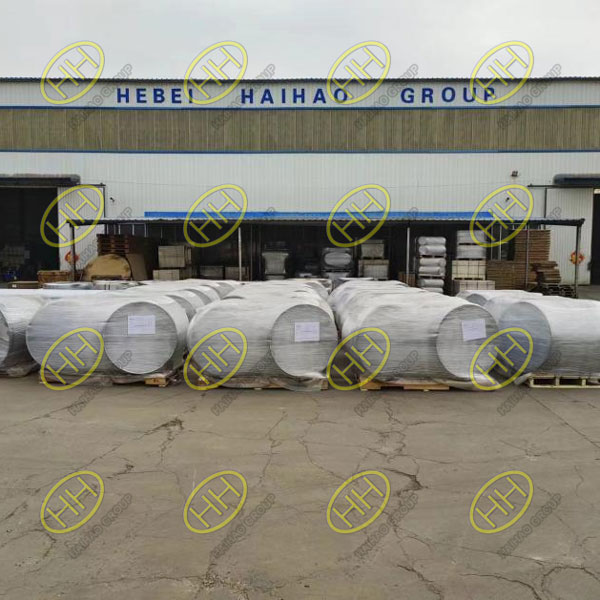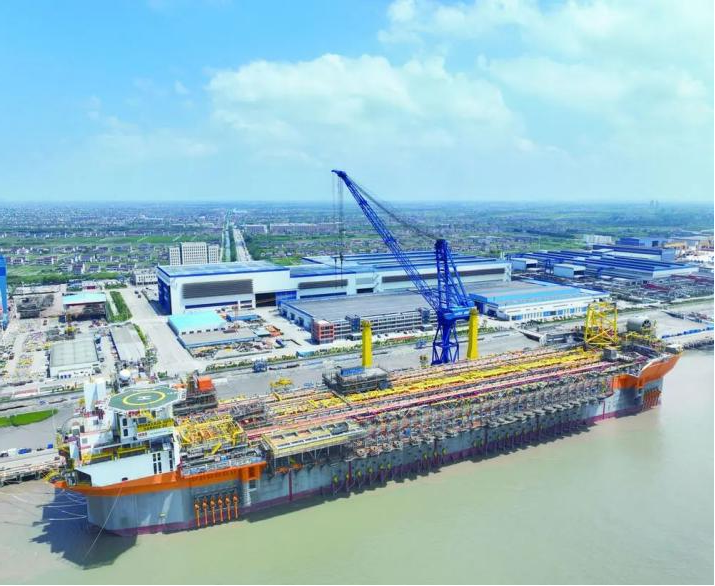Navigating the new seascape: A spotlight on the evolving FPSO competitive landscape
As an expert in the field of pipeline systems, HaiHao Group plays an increasingly vital role in the construction of international large-scale vessel pipeline systems. We are proud to announce that our pipeline system products are being widely applied in the construction of various large vessels’ pipeline systems, and we have obtained certifications from several globally renowned classification societies such as ABS, BV, DNV, RINA, RS, among others.
We closely monitor the development of the FPSO (Floating Production Storage and Offloading) market and provide insights into the new competitive landscape:
China:
Key to Strengthening International Cooperation and Technological Innovation: China has demonstrated outstanding performance in the construction scale of FPSOs, boasting a number of shipyards with strong construction capabilities such as Waigaoqiao Shipyard and Hudong-Zhonghua Shipyard. This large-scale construction capability enables China to complete multiple FPSO projects within a short period, meeting market demands.
Cost-effectiveness: China’s shipbuilding industry typically offers competitive prices, which is a significant advantage in cost-sensitive markets.
Market Shift: In recent years, the global FPSO industry’s focus has shifted from South Korea and Singapore to China. China’s construction quantity in the FPSO industry has surpassed that of South Korea and Singapore, becoming the new focus of the industry.
Technology and Experience: Despite significant achievements in FPSO construction quantity, China may lag behind in high-end technology and management experience compared to South Korea and Singapore. China needs to catch up in these areas.
South Korea:
Technical Strength and Rich Experience: South Korea possesses advanced technology and rich experience in FPSO design and construction, which are important factors in maintaining competitiveness in the global FPSO market.
Challenges of Industrial Shift: With the global shift in the FPSO industry, South Korea is gradually withdrawing from FPSO competition, with FLNG (Floating Liquefied Natural Gas) emerging as South Korea’s new direction of development.
Market Changes and Cost Competition: South Korea needs to continuously adapt to market changes and consider cost competition to maintain its competitiveness in the global FPSO market.
Singapore:
Risk Management and On-time Delivery: Singapore demonstrates strong capabilities in risk management and on-time delivery of FPSO projects, which is a crucial advantage for customers.
Price Wars and Cost Optimization: In a price-sensitive market, Singapore may face price competition pressure from countries such as China. To maintain its competitive edge in the global FPSO market, Singapore needs to optimize cost structures.
Southeast Asia:
Market Potential and Cost Advantage: Southeast Asia has vast potential in oil and gas resource development and typically lower labor and production costs, which are attractive advantages for capital-intensive FPSO projects.
Technology Accumulation and Market Competition: Compared to countries like South Korea and China, Southeast Asia has less accumulation of technology and experience in the FPSO field and needs to improve its technological capabilities and address market competition.
With the development of the market and technological advancements, China, South Korea, Singapore, and Southeast Asian countries are poised to achieve a more comprehensive competitive position in the FPSO field. We look forward to collaborating with global partners to drive the development of the FPSO industry and contribute to the prosperity of the global energy sector.


